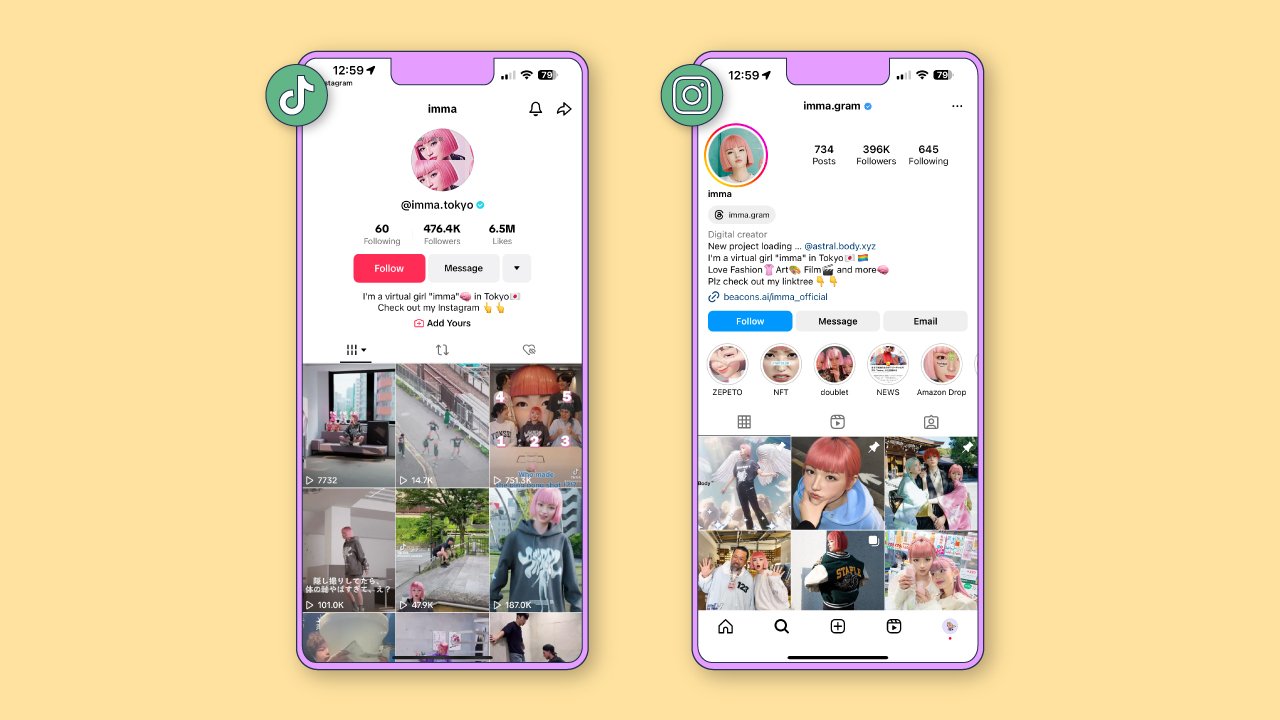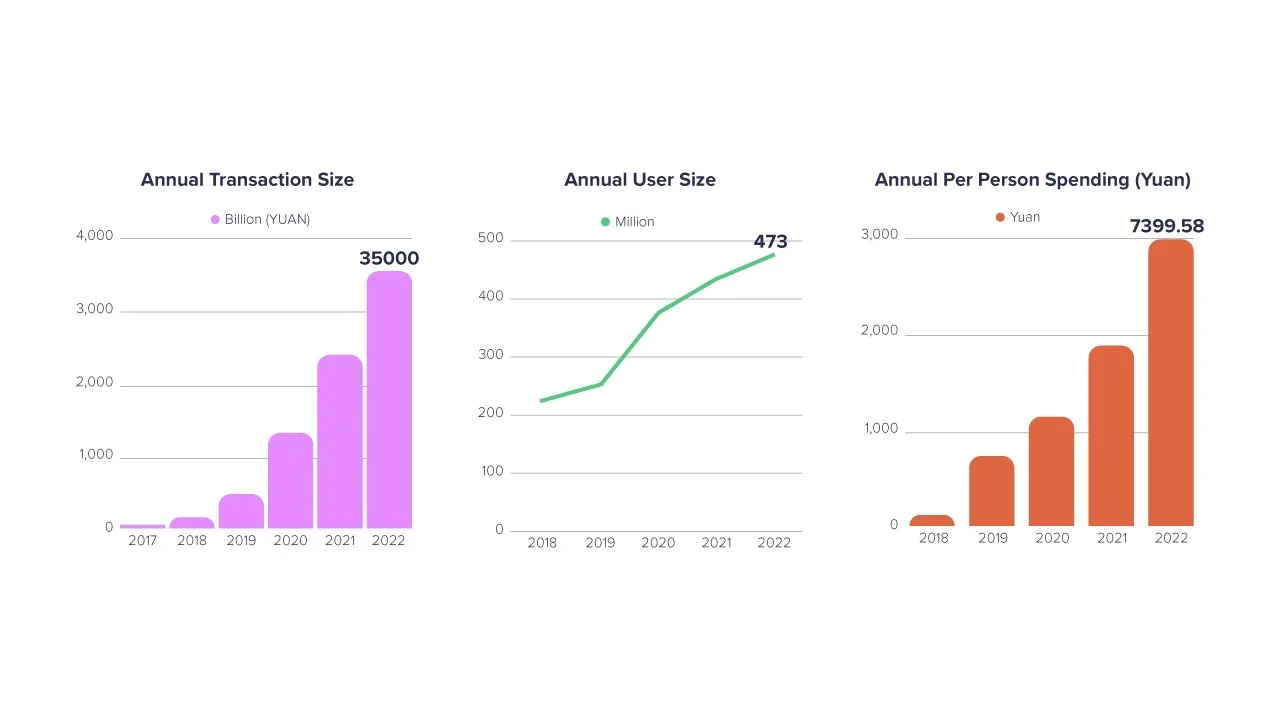Five Chinese Influencer Marketing Trends You Need to Know for 2024
The Chinese influencer marketing market is constantly evolving, and there are several new trends that brands should be aware of if they want to build a strong brand presence on popular social media platforms like Little Red Book and Douyin.
Here are 5 trends in Chinese influencer marketing that you need to know in 2024:
The rise of virtual influencers: Virtual influencers are computer-generated models that are becoming increasingly popular in China. These influencers have no real-world presence, but they can be highly engaging and have a large following. For example, the rise of meta-human idol influencers has allowed brands to easily manage within their many guidelines.
One popular humanoid idol is Imma, who has worked alongside name brands like Dior, Porsche Japan, and Valentino. It’s important to know that Imma has over 350,000 followers on Instagram and 470,000 followers on TikTok. This shows that digital idols and influencers can be successful and can help brands in their campaigns.
Data Credits: PayXpert
The growth of live streaming: Live streaming is another trend that is growing in popularity in China. Brands can use live streaming to interact with their audience in real-time and promote their products or services. An article from Reuters mentioned that livestreaming generated sales of $480 billion in China by the end of 2022 and it is likely to jump 30% this year.
The increasing importance of short-form video: Short-form video is becoming increasingly popular in China, and brands are using this format to reach their target audience. Platforms like Little Red Book, Douyin and Kuaishou are popular for short-form video content. The difference between these Chinese social media platforms is that Little Red Book focuses mostly on authentic user experience sharing and features an orientation towards a slow-living lifestyle. In contrast, Douyin and Kuaishou are more like TikTok (in fact, Douyin is the original TikTok in China). This is why you can expect more dancing videos and short, snappy content focused on musical beats when consuming content on Douyin or Kuaishou.
The use of influencers to promote e-commerce: E-commerce is booming in China, and influencers are playing a key role in promoting products and services. Brands can work with influencers to create product reviews, live streams, and other content to promote their products on e-commerce platforms like Taobao and JD.com. If you thought going live for a single hour was already a strenuous task, you would be surprised to know that live-streamers in China often host live streams that are anywhere between 4 hours to 24 hours in duration! The most crazy livestreams are usually during Singles Day which is coming up on November 11th. It’s the largest e-commerce shopping festival in China, and North American brands have also largely adopted this date to push more promotions and deals that are relevant to the Chinese consumer.
This is an example of a mature influencer on Little Red Book and her post engagement.
The increasing focus on authenticity: Chinese consumers are becoming more discerning, and they are looking for authentic experiences from brands. Brands need to be careful to choose influencers who are authentic and who will resonate with their target audience. There’s been a push towards more mindful spending and slow living, so the new-age influencers consist of those who encourage such a mindful lifestyle, and also more mature influencers who share their life hacks and tips for better living.
Aside from just consumer preference, platforms are also instilling new regulations that deter accounts from posting promotional or sales-oriented content that exaggerates product claims. Content that is flagged by the Chinese social media platforms is often removed from the platform and in severe cases, the account is banned or frozen.
These are just a few of the latest trends in Chinese influencer marketing. Brands that want to be successful in this market need to be aware of these trends and adapt their strategies accordingly.




